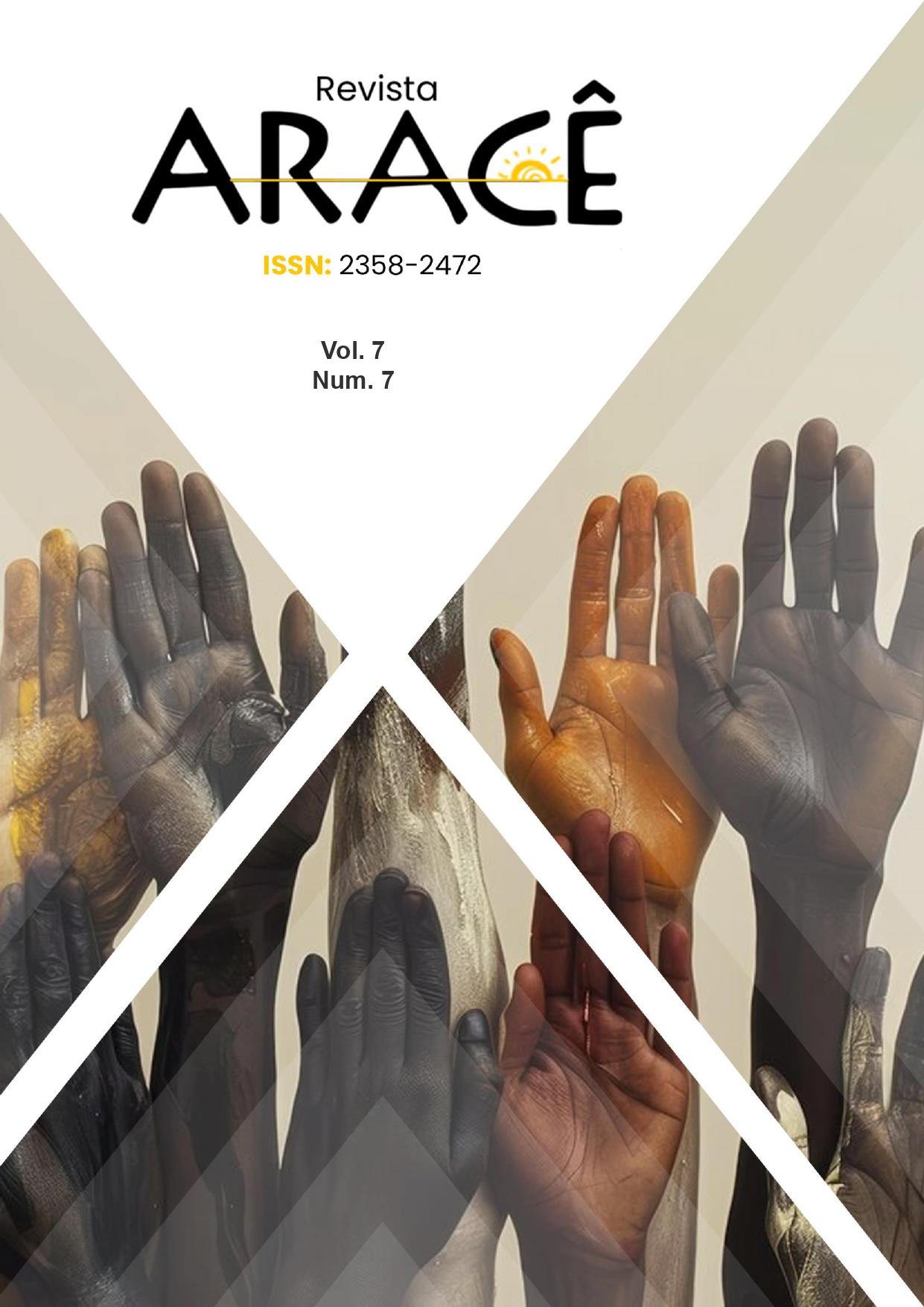TERRITÓRIO, REDES E GLOBALIZAÇÃO: O CASO DAS EMPRESAS DE PETRÓLEO EM MACAÉ
DOI:
https://doi.org/10.56238/arev7n7-004Palavras-chave:
Macaé, Indústria do petróleo, Redes geográficas, Corporações multinacionaisResumo
O trabalho investiga a dinâmica espacial das grandes corporações offshore em Macaé, no Norte Fluminense (RJ), evidenciando como a indústria do petróleo transformou o município em um dos principais polos econômicos do Brasil, especialmente após a instalação da Petrobras e a abertura para empresas multinacionais como Halliburton e Baker Hughes. A intensa atração de investimentos e empresas provocou acelerado crescimento populacional, urbanização rápida e reorganização do espaço urbano, resultando em profundas mudanças socioeconômicas e ambientais. Fundamentado em autores como Castells, Santos e Corrêa, o estudo discute o papel das redes geográficas e da lógica empresarial global na produção de “espaços luminoso, altamente integrados e tecnológicos e de “espaços opacos”, marcados por desigualdades e precarização. Metodologicamente, utiliza o mapeamento das empresas offshore e a análise da cadeia produtiva do petróleo para mostrar como a internacionalização do capital e a estrutura em rede das corporações reconfiguram a economia, o território e os desafios locais de Macaé, acentuando tanto oportunidades quanto contradições próprias dos grandes complexos petrolíferos contemporâneos.





